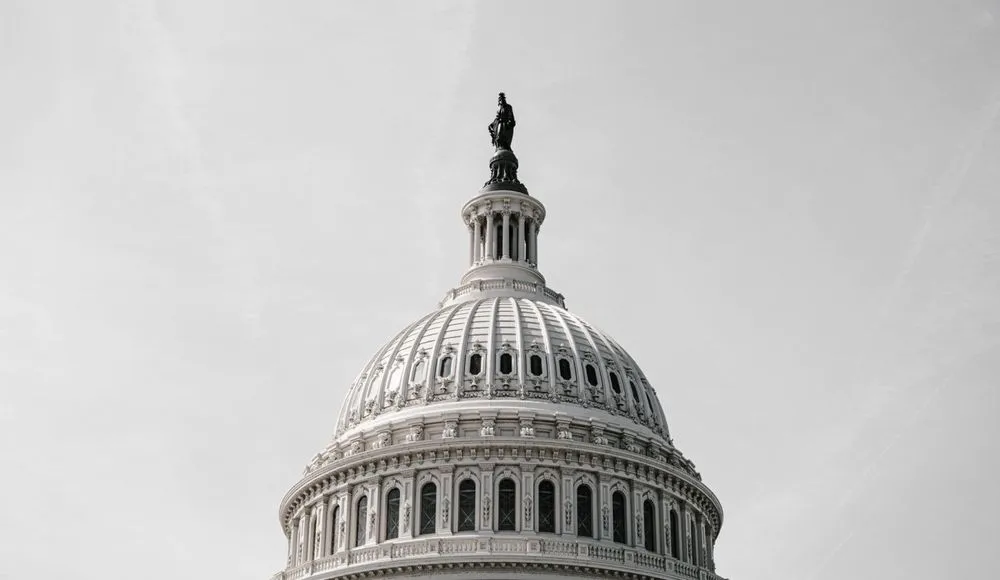Bipartisan bill would boost satellite cybersecurity
A bipartisan pair of senators on Wednesday introduced legislation that would require the Homeland Security Department’s cybersecurity branch to supply commercial satellite owners and operators with tools to better protect against hackers.
The Satellite Cybersecurity Act from Sens. Gary Peters (D-Mich.) and John Cornyn (R-Texas) would mandate that the Cybersecurity and Infrastructure Security Agency (CISA) develop voluntary satellite cybersecurity recommendations to help companies better understand how to secure their systems.
The measure would also require CISA — which last year launched a Space Systems Critical Infrastructure Working Group — to create a publicly available online repository in order to give companies access to satellite-specific cybersecurity resources, as well as network security recommendations.
In addition, the bill would tap the Government Accountability Office (GAO) to examine how the U.S. government currently supports commercial satellite industry cybersecurity.
“Hackers have already successfully attacked government satellites and it’s only a matter of time before they begin to more aggressively target commercial satellites,” Peters, the chair of the Senate Homeland Security Committee, said in a statement. “Vulnerabilities in these systems present an opportunity for foreign adversaries and cybercriminals to significantly disrupt American lives and livelihoods.”
Cornyn, a member of the Senate Intelligence Committee, deemed commercial satellites “an integral part of our infrastructure network” that “must be protected from cyberattacks by bad actors that would compromise our national security.”
Martin Matishak
is the senior cybersecurity reporter for The Record. Prior to joining Recorded Future News in 2021, he spent more than five years at Politico, where he covered digital and national security developments across Capitol Hill, the Pentagon and the U.S. intelligence community. He previously was a reporter at The Hill, National Journal Group and Inside Washington Publishers.



